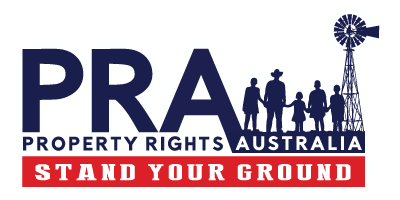The new amendments to the Vegetation Management Act will present some major challenges for the efficient and productive management of your property.
This newsletter is pretty much a shotgun approach and is by no means comprehensive: just a toe in the water.
Submissions are due by mid-day, Thursday 22nd March. If you have a personal story about loss of production or other matters relevant to vegetation management, please consider putting in a submission. The short frame shows how much they intend to listen to us.
Some changes to the definitions and language in the Bill signal changes in philosophy.
One of the recurring features of the Bill is the power of the Chief Executive to not only to decide matters but to change them.
Although the word moratorium has not been used there are certain things which are not permitted after the introduction date of 8th March, 2018. See page 8 of the explanatory notes, view by clicking HERE
There will no longer be “thinning” but “clearing of encroachment” and “managing thickened vegetation”. For “managing thickened vegetation” landowners will have to demonstrate that they will restore the original ecosystem and that there will be positive impacts on the ecosystem and biodiversity. How hard this case will be to make we do not yet know. No chains allowed.
Please check with your local DNR office about Mulga harvesting conditions as the area plan has been revoked.
Applications for PMAVs submitted after the 8th March but before the date of assent will have a minefield of regulation. A possible moving feast of Category C (a catch-all of purposes both lawful and unlawful) and Category R (Regrowth watercourse) regulated areas must be published on the Department’s web site. These areas will affect and invalidate Category X on new applications for PMAVs made in the interim period. (Ss 130, 131)
Penalty units for offences will be increased substantially.
The following is a direct quote from the new Bill. Note the new definition of high value regrowth.
high value regrowth vegetation means vegetation located—
(a) on freehold land, indigenous land, or land subject of a lease issued under the Land Act 1994 for agriculture or grazing purposes or an occupation licence under that Act; and (areas in bold are new)
(b) in an area that has not been cleared (other than for relevant clearing activities) for at least 15 years, if the area is—
(i) an endangered regional ecosystem; or
(ii) an of concern regional ecosystem; or
(iii) a least concern regional ecosystem.
Restoration Notices are a historical feature of this legislation which PRA has long campaigned against as they are based on the reasonable belief of an authorised officer rather than a court process, have no standard of proof and there is no appeal. There is also the ability to require restoration of multiples of the area believed to be cleared unlawfully.
Section 68CC introduces the concept of “enforceable undertakings” which is an agreement between landowner and the State about how the landowner is going to remediate damage he has done “in relation to a contravention or alleged contravention” of this Act or the Planning Act.
The Water Act will be amended so that a permit will be required to clear vegetation in a watercourse, lake or spring. It is already the case that no material may be introduced into, or excavated in a watercourse, lake or spring without a permit.
If members would like to comment on specific Section numbers, can you please send short, accurate comment along with the section number to me personally, Joanne, at reajoanne200@gmail.com
Comments will be edited and collated before being included.
The Bill can be accessed at the link HERE
Peter Spencer
The crowd funding link below is for the Peter Spencer’s High Court Appeal. The Appeal team is being led by Barrister Peter King of Queens Square Chambers Macquarie Street Sydney NSW 2000 Australia. If you would like to make a donation to the cause please click on the link below.
www.gofundme.com/property-rights-high-court-appeal?utm
Regards
Joanne Rea
Chairman
Property Rights Australia Inc
Phone: 07 49 214 000
Fax: 07 49271 888
